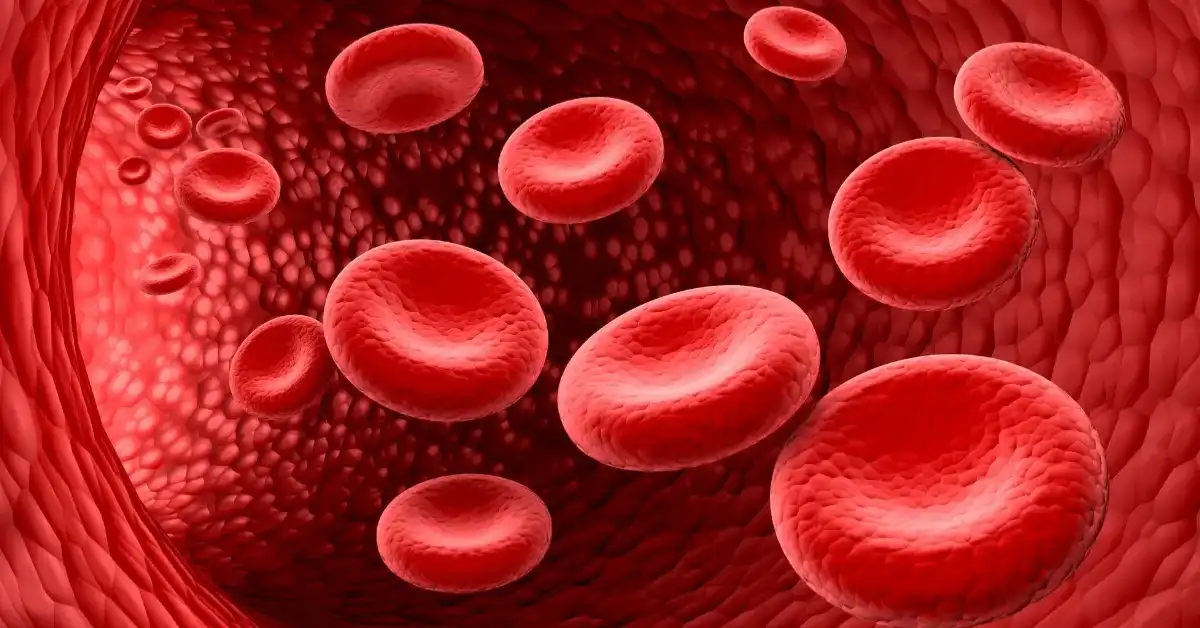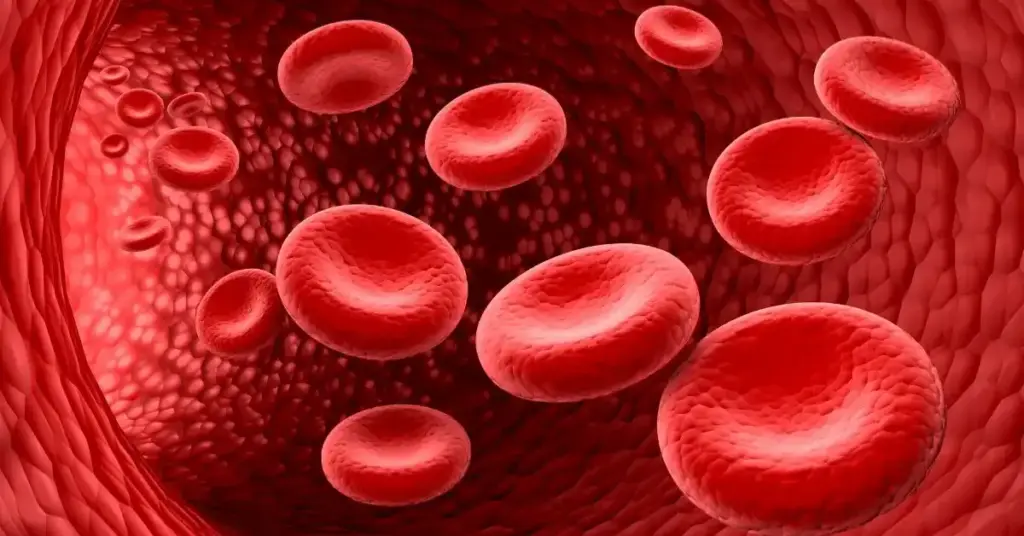
Blood disorders are conditions that affect the components of blood red cells, white cells, platelets, or plasma and disrupt the body’s ability to function properly. From anemia and clotting issues to complex cancers like leukemia, these disorders come in many forms and can be life-altering. Understanding blood disorders isn’t just important for specialists it’s crucial for patients, caregivers, and advocates alike. Whether inherited or acquired, these conditions often hide behind everyday symptoms, making early recognition and specialized care through blood disorders treatment in Chennai essential.
Blood disorders affect the way blood cells are produced, function, or circulate in the body. Since blood carries oxygen, nutrients, and immune defenses, any disorder can disrupt vital functions and lead to widespread health problems. Advanced blood disorder treatment in Chennai provides specialized care to diagnose and manage these conditions effectively.
Blood disorders encompass a wide range of conditions, from anemia and thalassemia to complex clotting and bone marrow diseases. Each requires early recognition, personalized care, and consistent medical oversight to prevent complications and improve outcomes.
Raising awareness and encouraging timely diagnosis can dramatically change the lives of those affected. Whether you're a patient, caregiver, or healthcare professional, understanding these conditions fosters better support and stronger community care. Take action prioritize regular screenings, seek medical guidance when symptoms arise, and advocate for informed care within your circle. For those seeking advanced Hematologic Cancers Treatment in Chennai, early intervention and specialized medical support can make a life-changing difference.
Blood disorders are conditions that affect the components of blood red cells, white cells, platelets, or plasma and disrupt the body’s ability to function properly. From anemia and clotting issues to complex cancers like leukemia, these disorders come in many forms and can be life-altering. Understanding blood disorders isn’t just important for specialists it’s crucial for patients, caregivers, and advocates alike. Whether inherited or acquired, these conditions often hide behind everyday symptoms, making early recognition and specialized care through blood disorders treatment in Chennai essential.
Anemia: Types & Diagnosis
Thalassemia Management
Sickle Cell Disease
Hemophilia & Clotting Disorders
Pancytopenia Overview
How do Blood Disorders Affect Our Body?
Conclusion
Blood disorders affect the way blood cells are produced, function, or circulate in the body. Since blood carries oxygen, nutrients, and immune defenses, any disorder can disrupt vital functions and lead to widespread health problems. Advanced blood disorder treatment in Chennai provides specialized care to diagnose and manage these conditions effectively.
Blood disorders encompass a wide range of conditions, from anemia and thalassemia to complex clotting and bone marrow diseases. Each requires early recognition, personalized care, and consistent medical oversight to prevent complications and improve outcomes.
Raising awareness and encouraging timely diagnosis can dramatically change the lives of those affected. Whether you’re a patient, caregiver, or healthcare professional, understanding these conditions fosters better support and stronger community care. Take action prioritize regular screenings, seek medical guidance when symptoms arise, and advocate for informed care within your circle. For those seeking advanced Hematologic Cancers Treatment in Chennai, early intervention and specialized medical support can make a life-changing difference.
Common blood disorders include anemia, thalassemia, sickle cell disease, hemophilia, and other clotting disorders. Anemia involves low red blood cells or hemoglobin, while thalassemia and sickle cell disease are inherited conditions affecting red blood cell shape and function. Hemophilia and related clotting disorders cause prolonged bleeding due to missing clotting factors, requiring specialized care.
Type 7 blood disorder refers to Factor VII deficiency, a rare clotting disorder causing difficulty in blood clot formation. It leads to prolonged bleeding, similar to hemophilia but less common. Patients may experience easy bruising, nosebleeds, and excessive bleeding after injuries or surgeries. Diagnosis relies on coagulation tests, and treatment often includes clotting factor replacement or supportive therapies.
The four major bleeding disorders are hemophilia A, hemophilia B, von Willebrand disease, and platelet function disorders. Hemophilia A and B result from deficiencies of clotting Factors VIII and IX, respectively. Von Willebrand disease involves a deficiency or dysfunction of von Willebrand factor, impairing platelet adhesion. Platelet function disorders affect the blood’s ability to form clots properly, increasing bleeding risk.
Signs of a blood disorder include persistent fatigue, frequent infections, easy bruising, prolonged bleeding, and unexplained pain or swelling. A complete blood count (CBC) and specialized tests can detect abnormalities in red cells, white cells, or platelets. If symptoms like frequent nosebleeds or joint pain occur, medical evaluation and blood tests are essential for accurate diagnosis and treatment.





